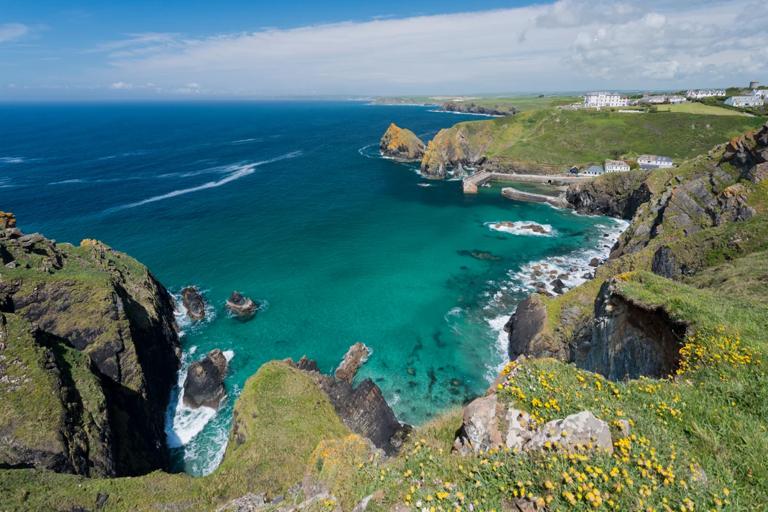Cornwall’s coastal trails have seen a strong resurgence in visitor numbers as domestic tourism continues to flourish across the UK. Popular routes such as the South West Coast Path are welcoming walkers of all ages, many drawn by panoramic sea views, rugged cliffs and quiet coves. Local businesses say the influx has helped extend the tourism season beyond the traditional summer months, offering welcome stability after several years of uncertainty.
Hikers have noted improvements in trail maintenance, with new signage and upgraded access points making routes easier to navigate. Local councils and volunteer groups have invested substantial time into clearing debris, repairing steps and reinforcing cliffside paths affected by weather. These efforts have made the walking experience safer and more enjoyable, encouraging more first-time visitors to explore Cornwall’s dramatic coastline.
Eco-friendly tourism options are also gaining popularity, as travellers seek experiences that minimise environmental impact. Several guided walking companies now offer low-impact tours focusing on conservation, history and geology. These tours highlight the delicate balance of coastal ecosystems and emphasise responsible behaviour—such as sticking to marked paths, avoiding wildlife disturbance and supporting local conservation projects.
Accommodation providers along the coast have adapted to meet shifting visitor expectations. Many now offer bike storage, drying rooms and early breakfast options tailored to walkers setting off at sunrise. Small inns and family-run guesthouses say these adjustments have strengthened their appeal, especially among travellers seeking slower, nature-oriented holidays. Larger hotels, meanwhile, are incorporating sustainability initiatives such as reduced plastic use and locally sourced food to align with visitor priorities.
Local shopkeepers and café owners report a noticeable increase in foot traffic, particularly in coastal villages like St Ives, Porthleven and Port Isaac. They credit the renewed interest in outdoor experiences, which has encouraged visitors to explore lesser-known stretches of the coast. As a result, communities are seeing the benefits of tourism while working to protect the natural beauty that draws people to Cornwall in the first place.
